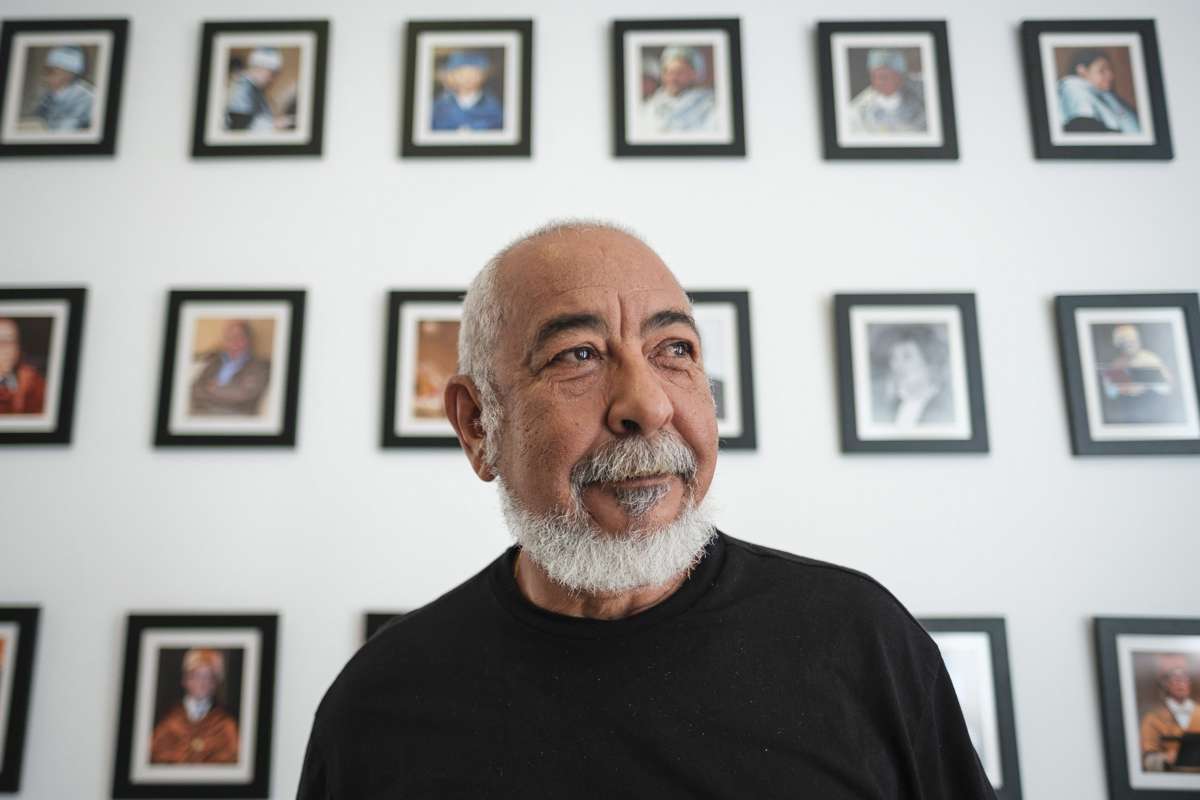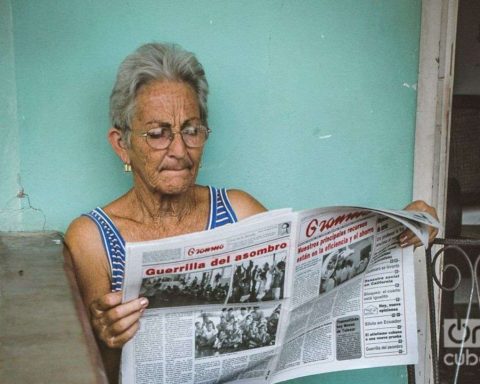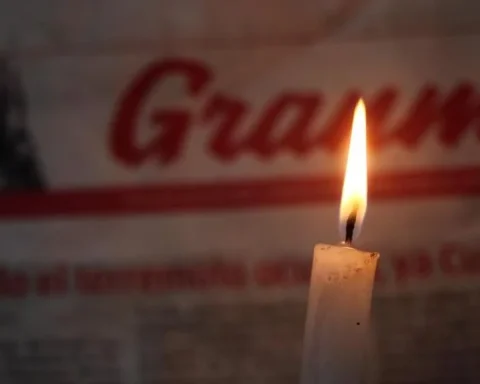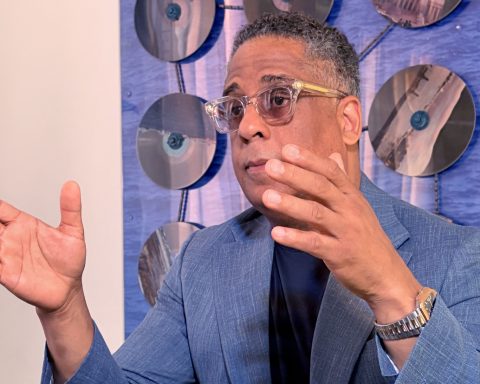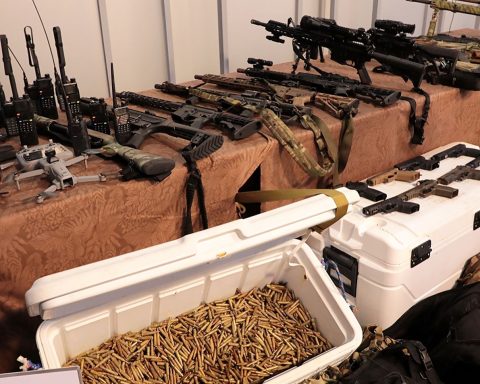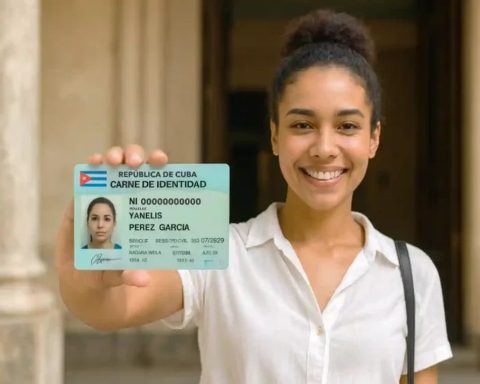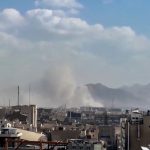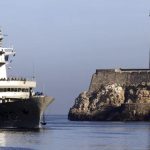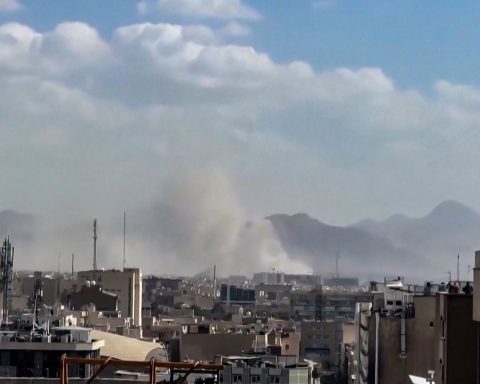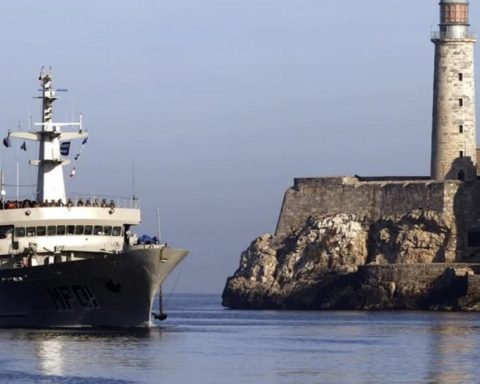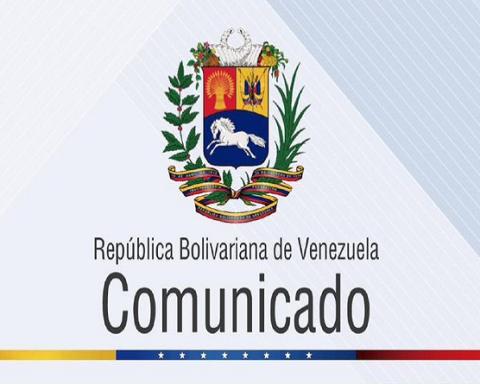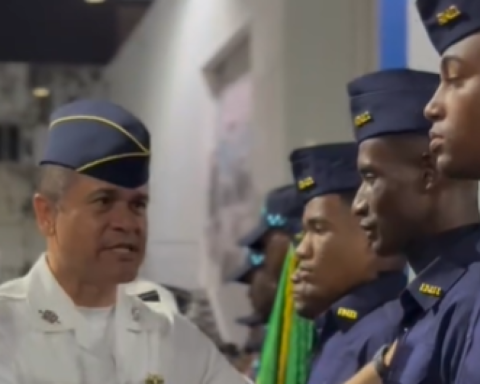The Cuban writer Leonardo Padura acknowledges that whenever one speaks of Cuba it is inevitable to refer to politics, since on the island “everything is so political that it is impossible to separate it,” and even if the conversation is about baseball, it ends up coming to that topic in a society which, the author feels, lacks “hope for the future”.
That is why, although Padura (Havana, 1955) comes to Madrid to talk about his latest bookdecent peoplepublished by Tusquets, the ninth black novel in the series starring the policeman Mario Conde, acknowledges that politics comes sooner or later in the conversation: “You can’t separate,” he says in a meeting with journalists.
Padura, 2015 Princess of Asturias Award for Literature, explains that this novel will not be the last in the saga, because he still has things to say about Cuban reality through Mario Conde, a reality that “feeds him in that sense” and one of the reasons, in addition to his mother and mother-in-law, why he remains on the Island: “I have a very deep relationship with that reality from which I extract that material and I am interested in being close to it.”
He considers that Cubans today “what they feel most lacking is hope for the future.” And that is causing a migration crisis “of which very little is said”, despite the fact that more than 150,000 Cubans have crossed the border between Mexico and the United States through Nicaragua in recent months, which does not require a visa, He says.
In decent peoplewhich for Padura is his “most police and Havana” novel, speaks of 2016, a time when, as its protagonist Mario Conde points out, an “illusion” was lived, a dream of the opening of the country as a result of the visit of then US President Barack Obama.
But the arrival of Donald Trump, the pandemic “particularly hard” for Cuba due to its dependence on tourism and the “systemic inefficiency of the Cuban economy” brought a crisis “very deep, even more violent than that of the years of the Special Period of the years 90, when the USSR disappeared”, he affirms.
“Because at that time it was an abrupt fall in which we were stunned, but in this one we have seen how we were descending day by day and we are in a very complicated situation in which practically everything is missing,” emphasizes the author, who explains that even buying cigarettes “is an odyssey”. “From there, you can imagine everything else.”
Padura, who obtained a Spanish passport ten years ago by naturalization certificate and who has his publishing house in Spain, says that when he returns to the island he returns with three suitcases full of food: “It is as if the Three Wise Men had arrived.”
In the novel, Conde will investigate the death of a former leader of the Cuban government who appears murdered and mutilated in his apartment, a despotic and cruel man who in the past acted as a censor and extorted artists so that they would not deviate from the slogans of the revolution.
Parallel to the plot of 2016, the novel takes place a story set a century earlier, when Havana was “the Nice of the Caribbean”, when two women were murdered.
Regarding the title of his novel, Padura explains that Mario Conde has always been a decent character, although he believes that today “pure, absolute decency cannot be practiced in a country where survival alternatives force us to do certain actions that they would not enter into a strict ethic of decency.”
However, “there are still decent people who for reasons of survival violate certain precepts, but morally they do not harm others or thrive on others.”
But also, he says, in the world in general “the sons of bitches are gaining ground and there are more and more of them.” There is a space “that has been perverted, which is that of politics: there have always been politicians who are sons of bitches and criminals, dictators and tyrants, but today we see a political class that thinks: how can they pretend to fool me? that way as if one were an imbecile?
Carmen Naranjo/Eph.
